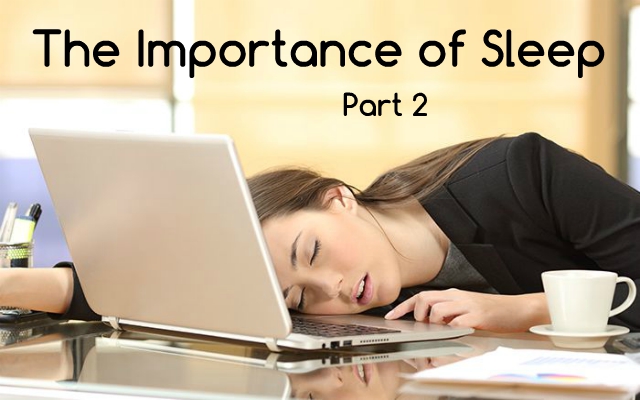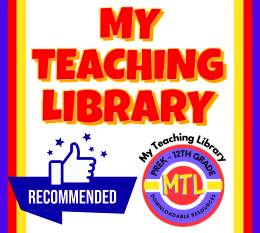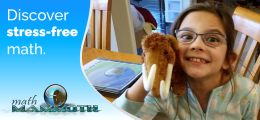The Importance of Sleep, Part 2


My journey to not being tired, led me to read a lot of information about our sleep-deprived society. Sleep is not a bank. We cannot credit our bodies with hours of sleep in order to accomodate for sleep debt. In part one of this series, I shared my sleep journey, which included discovering I had severe sleep apnea. Sleep apnea is only one reason that we are not getting the correct amount of sleep to be healthy. This lack of sleep is truly an epidemic; doctors are even referring to it as TATT (Tired All The Time). So what other reasons contribute to sleepless nights?
- Not Enough Exercise
- Over Stimulation from Smart Devices, Tvs, and Computers
- Too Much Caffeine
- An Iron Deficiency
- Vitamin B Deficiency
- Dehydration
- Too Much Sugar
- Not Enough Protein
- Stress
- Underactive Thyroid
How many hours of sleep do our bodies actually need? The National Sleep Foundation and an expert panel (from disciplines such as sleep, anatomy physiology, neurology, gerontology, and gynecology) reached a consensus for revised sleep for young adults through elders.
Younger adults (18-25): Sleep range is 7-9 hours (new age category)
Adults (26-64): Sleep range did not change and remains 7-9 hours
Older adults (65+): Sleep range is 7-8 hours (new age category)
I then did copious amounts of research to determine what can happen to our bodies when we are sleep deprived. Here is a short list of what I uncovered:
- Risk of High Blood Pressure
- Weight Gain
- Risk of Heart Disease
- Risk of Causing Traffic Accidents
- Depression and Anxiety
- Memory Loss
- Aging of Skin
- Negatively Impact Emotional Function
- Alters Attention and Ability to Focus
- Immune Regulation (Get Sick More Often and for Longer Periods of Time)
So how do we combat this TATT situation? I would highly recommend going to the doctor first, to test for iron deficiency, vitamin B deficiency, and an underactive thyroid. However, here is a list of ideas you can use to help your sleep now:
- Meditation
- Add Houseplants to Your Home
- Power Down Smart Devices, etc.
- Save Your Bed For Sleep
- Keep a Bedtime Routine
- Eliminate Caffeine/Check for Hidden Caffeine
- Exercise 4 Hours or More Before Bedtime
- Lower the Lights Before Bedtime
- Use White Noise to Mask External Sounds
I last left readers wishing me good luck as I awaited the arrival of my CPap machine. So where am I now on the journey to good sleep health? After 14 nights of sleep using the CPap, I have noticed that I stopped taking as many daily naps. I used to fall asleep all the time taking what is coined “micro-sleep,” and I would always take a couple longer naps that lasted at least 30 minutes throughout the day. I’m not necessarily feeling a ton of energy, but my body is not crashing out during the day. I had been struggling to enjoy many aspects of my daily life in the last year. One area was teaching piano and voice. I had even considered the possibility of retiring from the business; however, last week I was teaching a student who made me laugh—truly laugh! It was at that moment that I realized I loved what I do, and I cannot completely remove teaching lessons out of my life. This was a huge discovery for me. I know this is an effect of the CPap machine.
I am hopeful that I will continue to see my quality of life increasing as time goes on. I look forward to sharing that with you. Thank you for your continued prayers and well wishes.
If you are interested or have further questions, you can visit sleepfoundation.org or sleep.org.
Michelle Martin was born into a musical family and has been teaching music for over 20 years. Besides teaching piano and voice, Michelle is a performer, a choir director, a writer, a composer, and a homeschool mom. Most recently she has published three music curricula through Schoolhouse Teachers. Music has always been a passion for Michelle, and she believes exposing a child to music is just as important as learning math or science. Michelle lives with her husband, Jim, two daughters, Zoe and Eva, and a myriad of furry and aquatic friends.

























































The points in this article is very important for us to know. We should be aware of the importance of sleep in our lives.